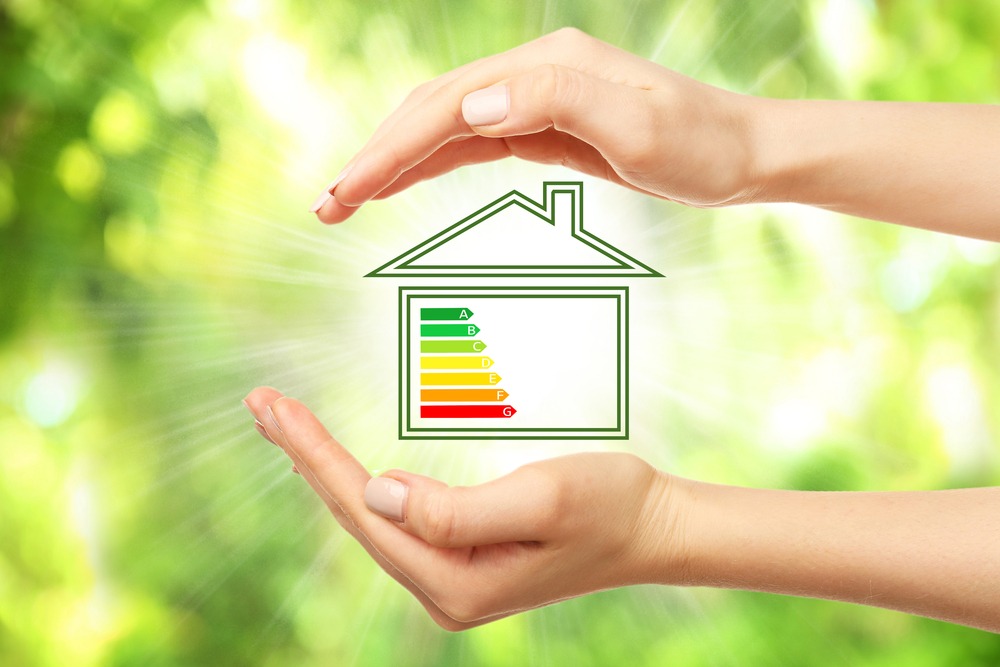Enhancing your home’s energy efficiency not only lowers utility bills but also supports environmental sustainability. Whether through simple DIY projects or professional services, numerous methods can make your home more energy-efficient. This guide delves into practical strategies to boost energy efficiency, emphasizing the significance of home insulation services in West Haven.
Conduct an Energy Audit
Before implementing any improvements, begin with an energy audit of your home. This evaluation identifies areas of energy waste and offers valuable insights into which upgrades will deliver the most substantial savings.
- DIY Energy Audit
Conduct a DIY energy audit by examining your home for typical energy inefficiencies. Inspect for drafts around windows and doors, evaluate insulation levels in the attic and walls, and assess the efficiency of your heating and cooling systems.
- Professional Energy Audit
To ensure a comprehensive evaluation, consider employing a professional energy auditor. Utilizing specialized tools and techniques, they will assess your home’s energy efficiency and provide recommendations for enhancement.
Upgrade to Energy-Efficient Appliances
Older appliances typically consume more energy than modern ones. Upgrading to ENERGY STAR® certified appliances can lead to substantial energy savings and significantly lower your utility bills over time.
- ENERGY STAR® Ratings
Seek out appliances bearing the ENERGY STAR® label, signifying they meet or surpass energy efficiency benchmarks established by the Environmental Protection Agency (EPA). Typical ENERGY STAR® certified appliances include refrigerators, dishwashers, washing machines, and HVAC systems.
Seal Air Leaks
Air leaks around windows, doors, and other openings can greatly diminish your home’s energy efficiency. By sealing these leaks, you prevent conditioned air from escaping and outdoor air from infiltrating, thereby easing the burden on your heating and cooling systems.
- Weather Stripping
Install weather stripping around doors and windows to create a tight seal and prevent drafts. Replace worn or damaged weather stripping as needed to maintain effectiveness.
- Caulking
Use caulk to seal gaps and cracks around windows, doors, and other penetrations. Caulking helps prevent air leaks and improves energy efficiency throughout your home.
Improve Insulation
Effective insulation is crucial for maintaining a comfortable indoor temperature and minimizing energy costs. To enhance energy efficiency, consider upgrading the insulation in key areas of your home, including the attic, walls, and floors.
- Attic Insulation
Insulating the attic is one of the most effective ways to improve energy efficiency. Adding or upgrading attic insulation helps prevent heat loss in the winter and heat gain in the summer, reducing the need for heating and cooling.
- Wall Insulation
Insulating exterior walls helps regulate indoor temperatures and reduce energy consumption. Consider adding insulation during renovations or retrofitting existing walls with blown-in insulation for improved energy efficiency.
Upgrade Windows and Doors
Windows and doors are frequent culprits of energy loss in homes. Upgrading to energy-efficient options can greatly enhance insulation and substantially lower heating and cooling expenses.
- Energy-Efficient Windows
Install double or triple-pane windows with low-emissivity (low-E) coatings to improve insulation and reduce heat transfer. ENERGY STAR® certified windows offer superior energy efficiency and can help lower utility bills.
- Insulated Doors
Replace old or poorly insulated doors with ENERGY STAR® certified insulated doors. These doors feature foam insulation and weather stripping to minimize air leakage and improve energy efficiency.
Invest in Smart Thermostats
Smart thermostats are programmable devices designed to optimize heating and cooling settings according to your schedule and preferences. By automatically adjusting temperatures, these intelligent thermostats can lower energy consumption and reduce your utility bills, saving you money.
- Programmable Settings
Program your smart thermostat to adjust temperature settings based on when you’re home, asleep, or away. This helps minimize energy usage during times when heating or cooling is unnecessary.
- Remote Access
Many smart thermostats offer remote access via smartphone apps, allowing you to control temperature settings from anywhere. This flexibility enables you to optimize energy usage and comfort levels, even when you’re not at home.
Schedule Regular HVAC Maintenance
Routine maintenance of your heating, ventilation, and air conditioning (HVAC) system is crucial for peak performance and energy efficiency. Schedule yearly HVAC inspections and tune-ups to keep your system running efficiently all year long.
- Professional Maintenance
Hire a qualified HVAC technician to perform annual maintenance on your heating and cooling systems. They will inspect and clean components, replace air filters, and identify any issues that could affect energy efficiency.
- Air Filter Replacement
Regularly replace air filters in your HVAC system to maintain airflow and prevent dust and debris buildup. Clogged filters restrict airflow, forcing your HVAC system to work harder and consume more energy.
Conclusion
Enhancing your home’s energy efficiency is a valuable investment yielding substantial cost savings and environmental benefits. By conducting an energy audit, upgrading insulation, and investing in energy-efficient appliances, you can significantly boost your home’s energy performance. To maximize energy savings and comfort, consider seeking professional home insulation services for expert upgrades.


